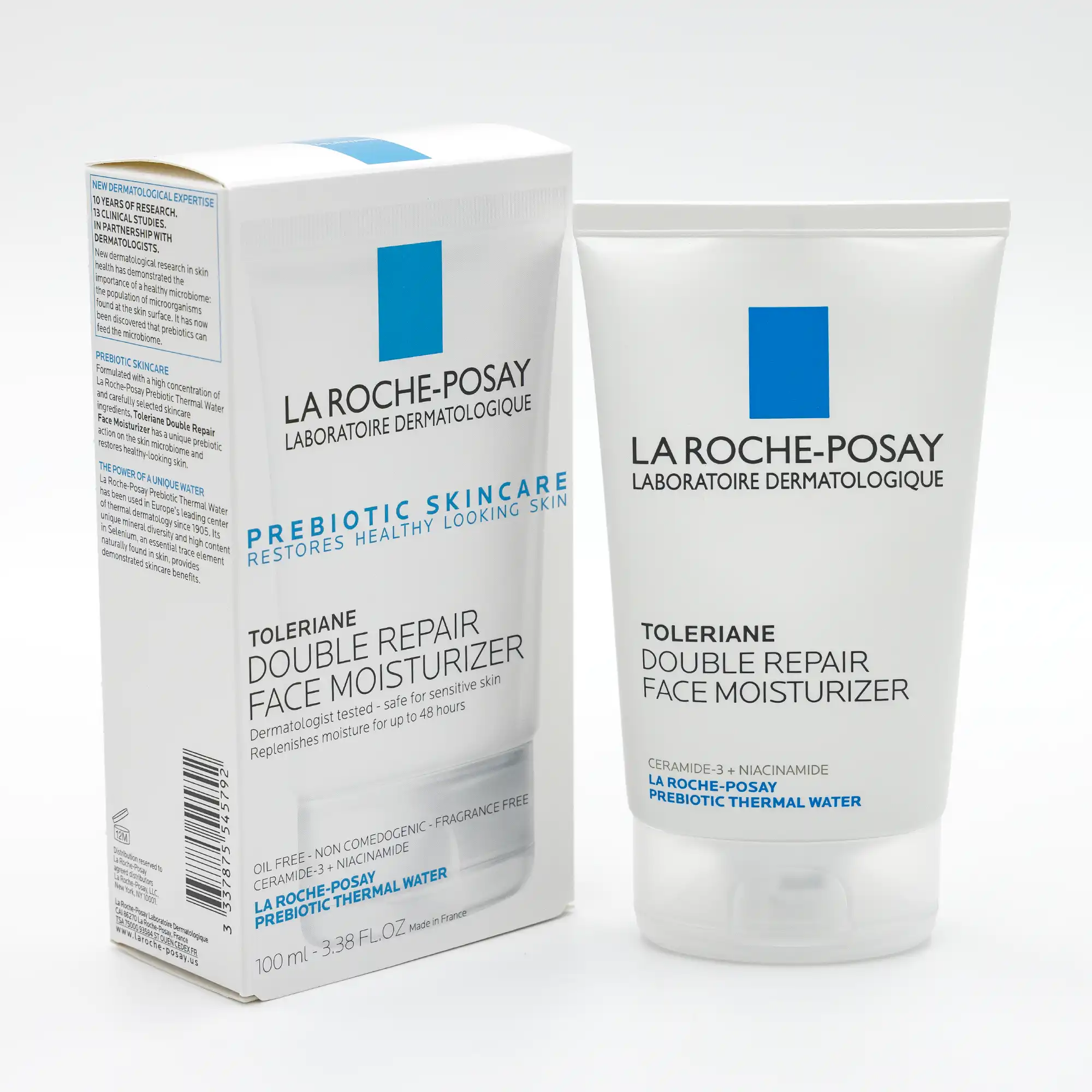Shop At Haya: Your Ultimate Shopping Guide
Discover the best shopping tips, trends, and deals for a smarter buying experience.
Moisturizer Mysteries Unveiled
Unlock the secrets of moisturizers! Discover how to achieve radiant skin with our insider tips and myths debunked. Don't miss out!
The Science Behind Moisturizers: How They Work Wonders for Your Skin
Moisturizers are essential for maintaining healthy skin, as they work by creating a barrier that locks in hydration. The science behind moisturizers lies in their formulation, which typically includes three main types of ingredients: humectants, emollients, and occlusives. Humectants, such as glycerin and hyaluronic acid, attract water from the environment or deeper layers of the skin, providing much-needed moisture. Emollients help to soften and smooth the skin's surface, while occlusive agents, like petrolatum and dimethicone, seal in the moisture to prevent evaporation. This combination creates a powerful effect that can lead to improved skin texture and overall appearance.
The effectiveness of moisturizers can be further enhanced by understanding how the skin barrier functions. The skin's outer layer, known as the stratum corneum, plays a critical role in maintaining hydration levels. When this barrier is compromised due to environmental factors or using harsh products, skin can become dry and irritated. Regular use of moisturizers helps to repair and strengthen this barrier, preventing transepidermal water loss and keeping the skin plump and youthful. In essence, incorporating a quality moisturizer into your daily skincare routine can work wonders for your skin, ensuring it remains hydrated, healthy, and radiant.

Decoding Ingredients: What to Look for in a Moisturizer
When it comes to selecting the right moisturizer, understanding the ingredients is crucial. Look for products that feature hydrating agents such as hyaluronic acid and glycerin, which help retain moisture in the skin. Additionally, emollients like shea butter and jojoba oil provide a protective barrier that prevents water loss. For those with sensitive skin, avoid harsh chemicals and opt for moisturizers that contain soothing ingredients such as aloe vera or chamomile.
Another key aspect to consider is the skin type you have. If you have oily skin, look for non-comedogenic formulas that won’t clog your pores. In contrast, dry skin types can benefit from richer creams that offer deep nourishment. Also, consider antioxidants like vitamin C and E, which not only nourish your skin but also help combat environmental stressors. Always read the ingredients list carefully to ensure you are choosing a moisturizer that meets your unique skin needs.
Moisturizer Myths Debunked: What You Really Need to Know
When it comes to skincare, the world of moisturizers is rife with myths that can mislead consumers into making poor choices. One common misconception is that people with oily skin should skip moisturizing altogether. In fact, using a moisturizer is essential for all skin types, including oily skin. Skipping this step can lead to the skin producing even more oil to compensate for the lack of hydration. Moreover, using a lightweight, oil-free moisturizer can help balance the skin's oil production while keeping it hydrated.
Another prevalent myth is that thicker moisturizers are more effective. While it's true that some thicker creams provide intense hydration, they aren't necessarily superior for everyone. In fact, many people can benefit from lighter formulations, especially those that contain humectants like hyaluronic acid to draw moisture into the skin. It's crucial to choose a moisturizer based on your skin's specific needs rather than its texture. Always remember, the key to effective skincare lies in understanding your unique skin type.